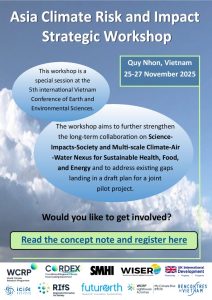CORDEX is launching a new Task Team (TT) to define the experimental protocols and technical documentation for the new CORDEX-CMIP7 experiment, building on the CMIP6 framework while expanding to incorporate new model components and scientific priorities. The TT will also oversee the maintenance of the underpinning repositories and coordinate with ESGF to ensure the infrastructure required for storing and publishing CORDEX-CMIP7 data is robust and accessible. Don’t miss the opportunity to join this group of experts!
To know more, view the open call and apply online until 31 October 2025. If you cannot access the google form, please used the PDF for offline applications.





